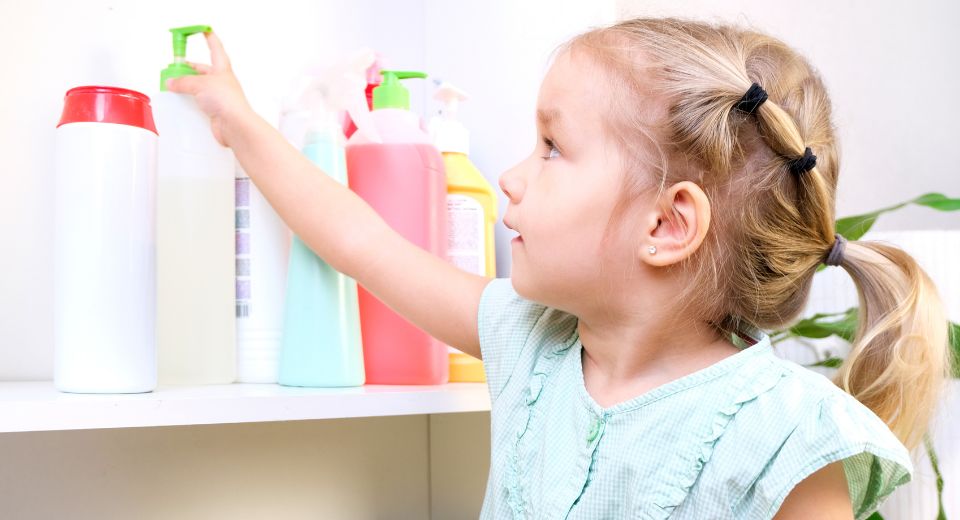As Poison Prevention Week approaches, it serves as a reminder of the importance of safeguarding ourselves and our loved ones from potential hazards lurking within our homes and environments. Poisoning can occur in various forms, from accidental ingestion of household chemicals to the misuse of medications. Fortunately, with awareness and proactive measures, many instances of poisoning can be prevented. Here are essential steps individuals of all ages can take to mitigate the risks of poisoning:
1. Store Medications Securely: Keep all medications, including prescription drugs, over-the-counter medicines, and supplements, in a secure location out of reach of children and pets. Consider using child-resistant containers and cabinets with child locks for added safety.
2. Follow Dosage Instructions: Always adhere to recommended dosage instructions when taking medications. Avoid doubling doses or mixing medications without consulting a healthcare professional.
3. Properly Dispose of Unused Medications: Dispose of expired or unused medications promptly and safely. Many communities offer medication take-back programs or provide guidelines for safe disposal methods, such as mixing medications with undesirable substances like coffee grounds or cat litter before throwing them away.
4. Handle Household Chemicals with Care: Store household cleaners, pesticides, and other potentially toxic substances in their original containers with intact labels. Keep them in a locked cabinet or high shelf out of reach of children and pets. Use gloves and masks when handling chemicals, and ensure adequate ventilation in the area.
5. Be Cautious with Plants: Some plants can be toxic if ingested. Research the plants in your home and garden to identify any potential hazards, especially if you have young children or pets. Keep toxic plants out of reach or consider removing them altogether.
6. Practice Safe Food Handling: Store food properly to prevent contamination and foodborne illnesses. Pay attention to expiration dates and avoid consuming expired or spoiled food items.
7. Be Mindful of Carbon Monoxide: Install carbon monoxide detectors in your home, particularly near sleeping areas. Carbon monoxide is a colorless, odorless gas that can be deadly if inhaled in high concentrations. Regularly inspect and maintain fuel-burning appliances to prevent leaks.
8. Educate Children: Teach children about the dangers of poisoning and the importance of not touching or consuming unknown substances. Encourage them to ask an adult if they are unsure about something’s safety.
9. Be Aware of Potential Hazards in the Outdoors: When spending time outdoors, especially in natural areas, be cautious of plants, mushrooms, and berries that may be toxic if ingested. Keep insect repellents, sunscreen, and other outdoor products out of reach of children and pets.
10. Have Emergency Contacts Handy: Keep important phone numbers, including the Poison Control Center hotline (1-800-222-1222), easily accessible. In case of a poisoning emergency, quick access to help can make a significant difference in the outcome.
By following these preventive measures and staying vigilant, individuals can significantly reduce the risk of poisoning incidents for themselves and their families. Poison Prevention Week serves as a reminder to incorporate these practices into our daily routines to ensure a safer and healthier environment for all.
Author: Bree Maloney, Communications Director
The information provided is for general interest only and should not be misconstrued as a diagnosis, prognosis or treatment recommendation. This information does not in any way constitute the practice of medicine, or any other health care profession. Readers are directed to consult their health care provider regarding their specific health situation.

Favorite Platform

New Content





